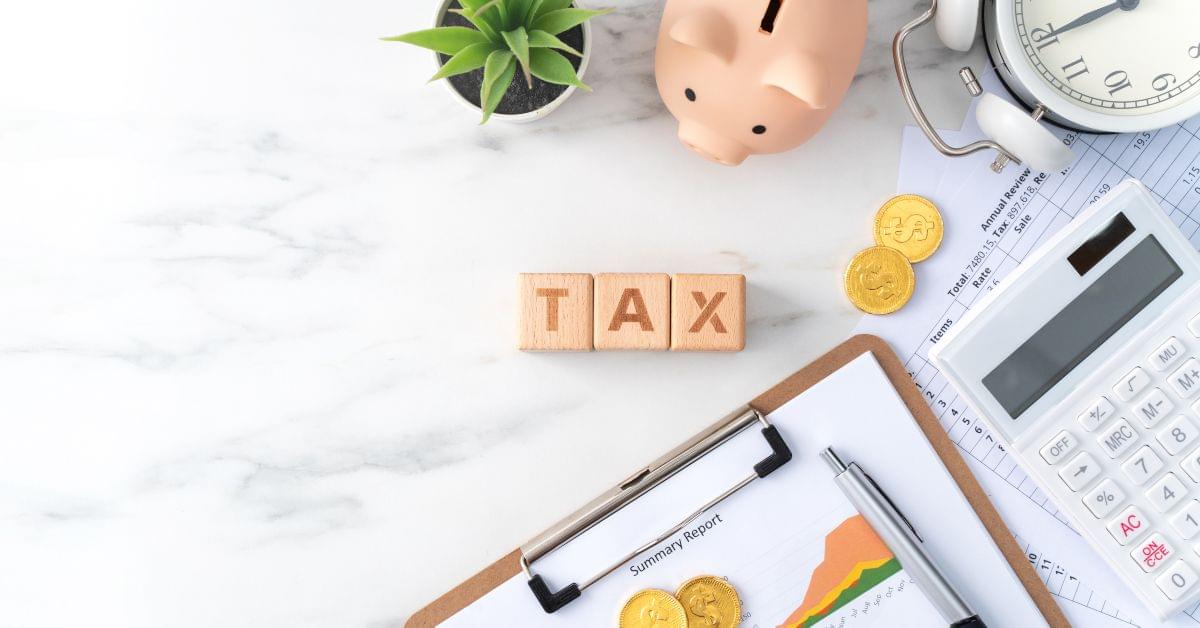
Transferring money overseas can seem stressful, but is often a necessity. Many people don’t know the ins and outs of transferring money, particularly large amounts across borders and whether there’s a hidden cost or tax charge that comes with it.
We’ll look into what affects you paying taxes when receiving money from abroad, answer some common questions, and tell you everything you need to know.
Why do people transfer money overseas?
People choose to transfer money overseas due to many reasons, this could be due to paying or receiving wages, transferring funds to a new bank account or purchasing large items such as properties.
Depending on several factors, you may pay taxes on the money you receive from overseas. Some examples include the size of the transfer, where you are receiving the money from, your residency, and how the money was obtained.

Factors that may affect you paying taxes
Are you a UK resident?
One of the biggest and most important factors when receiving funds from abroad is your residency status. If you are a UK resident and the funds are due to income, you will have to pay tax on this, unless the money is from savings.
In order to determine your residency status, the Government’s Statutory Residence Test is usually used.
Some factors that make you a resident include how long you have been in the UK if you work overseas, and whether the tax year has begun during your time in the UK. This is because normally it is determined based on the number of days you stay in the UK in the tax year. Completing the test will help you figure out if you are classed as a UK resident or not.
Income or savings?
On most occasions, when you are dealing with your existing funds that you’re transferring to yourself there aren’t any taxes that need paying when transferring it from one country to yourself in the UK.
However, if your money is coming from a wage or salary then you will most likely be taxed on it. This includes rental income, selling a house or business, and pensions from overseas.
To summarise, if you are a UK resident and the money being transferred is from savings or your own assets, no tax will be paid. If you are being paid wages or income from overseas, you will be taxed on this.
Political risks
There are also some political risks to consider. Political risk happens when the government of the country you are wanting to receive funds from amends their policies and this then impacts the foreign side of your business.
Some of these policies can contribute negatively by the government adding tax fees when trading. It’s always best to do your research into that particular country to keep up to date on the current policies.
Property sales
If you are selling property abroad, whether it’s your own home to move back to the UK or a holiday home, you will need to transfer the funds made from that sale. You’re then responsible to pay capital gains taxes.
Capital gains tax is paid on the amount of profit you received on a property that has gained in value, rather than the total amount you sold the property for.
Do I have to pay tax if I receive money from abroad as a gift?
If you have been given money by a friend or relative as a gift, you will not have to pay tax on these cash gifts.
The only way there would be tax from a gift would be if that money was transferred into a bank account where interest was generated, then this interest would be subject to tax.
How CurrencyTransfer can help you
The fees that come with transferring money overseas mainly comes from the exchange rates, and that’s where CurrencyTransfer comes in.
CurrencyTransfer will work hard to supply you with the best option suited to you and your specific payment requirements. We show you the market price and margin so you can compare the market rate and the all-in price you will pay. See how easy it is to get a quote with our demo.
Having a dedicated currency expert is something you cannot get with a standard bank. Get in touch with us for more information, we’d love to hear from you.
Florence Couëdel
Editor



